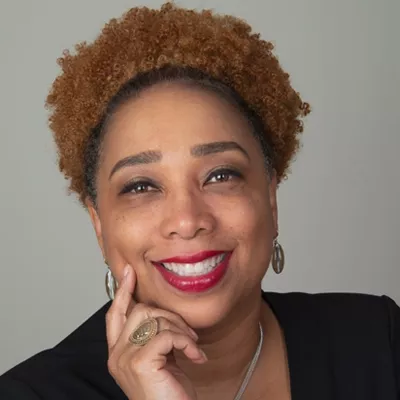
Robyn Smith has been researching her family and others for over twenty-five years. She specializes in court and land records, genealogy skill building, and slavery research. A respected speaker in the field, Robyn has lectured widely at genealogy conferences, for genealogical societies across the U.S., and for institutions such as the Maryland State Archives, the National Archives (Atlanta), and the Smithsonian African American Museum. Her lectures on Legacy Family Webinars have garnered thousands of views, and she has written for Family Tree Magazine. Robyn writes extensively, and has published articles in the peer-reviewed Maryland Genealogical Society Journal and the National Genealogical Society Quarterly Journal. From 2008-2015, Robyn taught an
advanced genealogy class at Howard Community College in Columbia, Maryland.
Centered around her passion for family research, writing and teaching remain the heartbeat of Robyn’s work. For more than twelve years, she has authored a popular genealogy teaching blog called Reclaiming Kin. Her blog focuses on growing genealogical research skills for all genealogists, and the unique challenges of researching American slavery. Posts at Reclaiming Kin have been referenced by The Washington Post, The New York Times, Ancestry, Maryland Public Television, and the Library of Virginia, among others.






You should receive a confirmation email with a link to the webinar soon.
You’ll also receive a reminder both the day before and one hour before the webinar begins.
Didn’t receive a confirmation email?
You successfully registered for %s.
You should receive a confirmation email with a link to the webinar soon.
You’ll also receive a reminder both the day before and one hour before the webinar begins.
Didn’t receive a confirmation email?
To ensure a smooth, high-quality webinar experience, check the quality of your internet connection.
On the day of the webinar, connect 30–40 minutes before and turn off any background software. If you can’t tune in live, you can view the recording later in the Webinar Library. If joining via a mobile device, be sure to first install the free GoTo app.
Questions? Contact us or read our FAQ.
It looks like you’re already registered for this webinar
You can register for another webinar.
Didn’t receive a confirmation email?
It looks like you’re already registered for these webinars
You can register for another webinar.
Didn’t receive a confirmation email?
Something happened on our end, sorry about that
We were unable to complete your registration.
Please try again later.